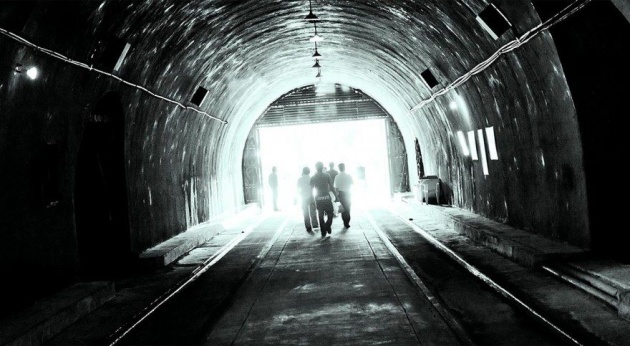At half-past twelve the train stopped at Benares. The Brahmin legends assert that this city is built on the site of the ancient Casi, which, like Mahomet’s tomb, was once suspended between heaven and earth; though the Benares of to-day, which the Orientalists call the Athens of India, stands quite unpoetically on the solid earth, Passepartout caught glimpses of its brick houses and clay huts, giving an aspect of desolation to the place, as the train entered it.
Benares was Sir Francis Cromarty’s destination, the troops he was rejoining being encamped some miles northward of the city. He bade adieu to Phileas Fogg, wishing him all success, and expressing the hope that he would come that way again in a less original but more profitable fashion. Mr. Fogg lightly pressed him by the hand. The parting of Aouda, who did not forget what she owed to Sir Francis, betrayed more warmth; and, as for Passepartout, he received a hearty shake of the hand from the gallant general.
The railway, on leaving Benares, passed for a while along the valley of the Ganges. Through the windows of their carriage the travellers had glimpses of the diversified landscape of Behar, with its mountains clothed in verdure, its fields of barley, wheat, and corn, its jungles peopled with green alligators, its neat villages, and its still thickly-leaved forests. Elephants were bathing in the waters of the sacred river, and groups of Indians, despite the advanced season and chilly air, were performing solemnly their pious ablutions. These were fervent Brahmins, the bitterest foes of Buddhism, their deities being Vishnu, the solar god, Shiva, the divine impersonation of natural forces, and Brahma, the supreme ruler of priests and legislators. What would these divinities think of India, anglicised as it is to-day, with steamers whistling and scudding along the Ganges, frightening the gulls which float upon its surface, the turtles swarming along its banks, and the faithful dwelling upon its borders?

The panorama passed before their eyes like a flash, save when the steam concealed it fitfully from the view; the travellers could scarcely discern the fort of Chupenie, twenty miles south-westward from Benares, the ancient stronghold of the rajahs of Behar; or Ghazipur and its famous rose-water factories; or the tomb of Lord Cornwallis, rising on the left bank of the Ganges; the fortified town of Buxar, or Patna, a large manufacturing and trading-place, where is held the principal opium market of India; or Monghir, a more than European town, for it is as English as Manchester or Birmingham, with its iron foundries, edgetool factories, and high chimneys puffing clouds of black smoke heavenward.



